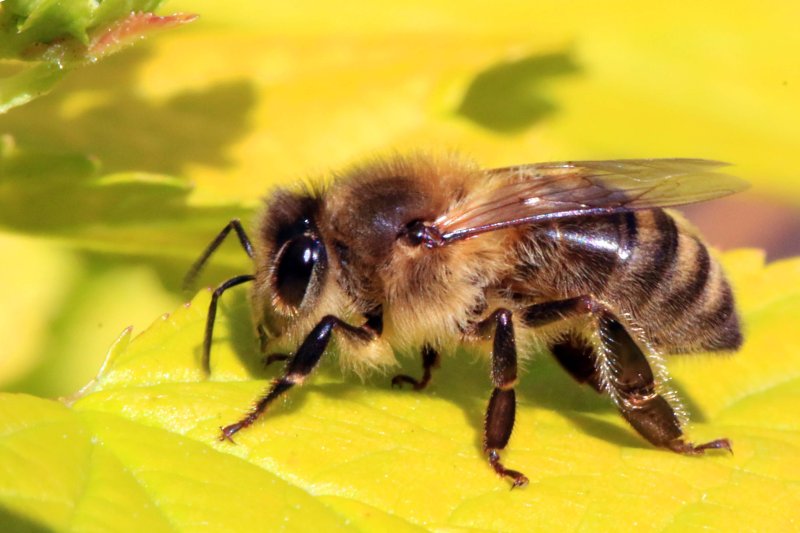Next to Congress, the least-trusted institutions in the United States include newspapers, television and Internet news, according to Gallup.
But Americans have a generally favorable view of science.
It should come as no surprise, then, that the press would latch on to science to help it reestablish trust with viewers….
Yet … most reporters aren’t interested in the finer points of scientific research. They want a sexy story, and if it can be based on a catch-all authority, even better.
The consequences of junk science include more than just the spread of bad information or embarrassment for media outlets. Members of the public who absorb news reports disseminating bad science can suffer ill health effects….
There are other consequences. One is the adoption of bad policies.
In April 2013, the European Commission voted to ban the three main products in a specific class of pesticide known as “neonicotinoids.” News media cheered the outlawing of the pesticides as a step in the right direction to save Europe’s honeybee population.
Two years later, the E.U. is considering whether to scrap the ban. In salivating over the sensational story of the supposedly deadly chemicals, the press failed to question whether the ban was even necessary in the first place.
Not only have the number of hives in Europe increased since the ban was enacted, but the number of bees lost annually is mostly unchanged, according to the Food and Agricultural Organization of the United Nations.
Yet farmers have also seen an increase in infestations and a decrease in crop yields due to the ban.
The ban may not have ever been put into place if the Fourth Estate had been doing its job.
In addition to ignoring the all-important question of whether bee numbers were actually declining, the press missed a red flag signaling that politics, rather than science, was driving the ban.
The GLP aggregated and excerpted this blog/article to reflect the diversity of news, opinion and analysis. Read full, original post: Junk science = garbage policy































